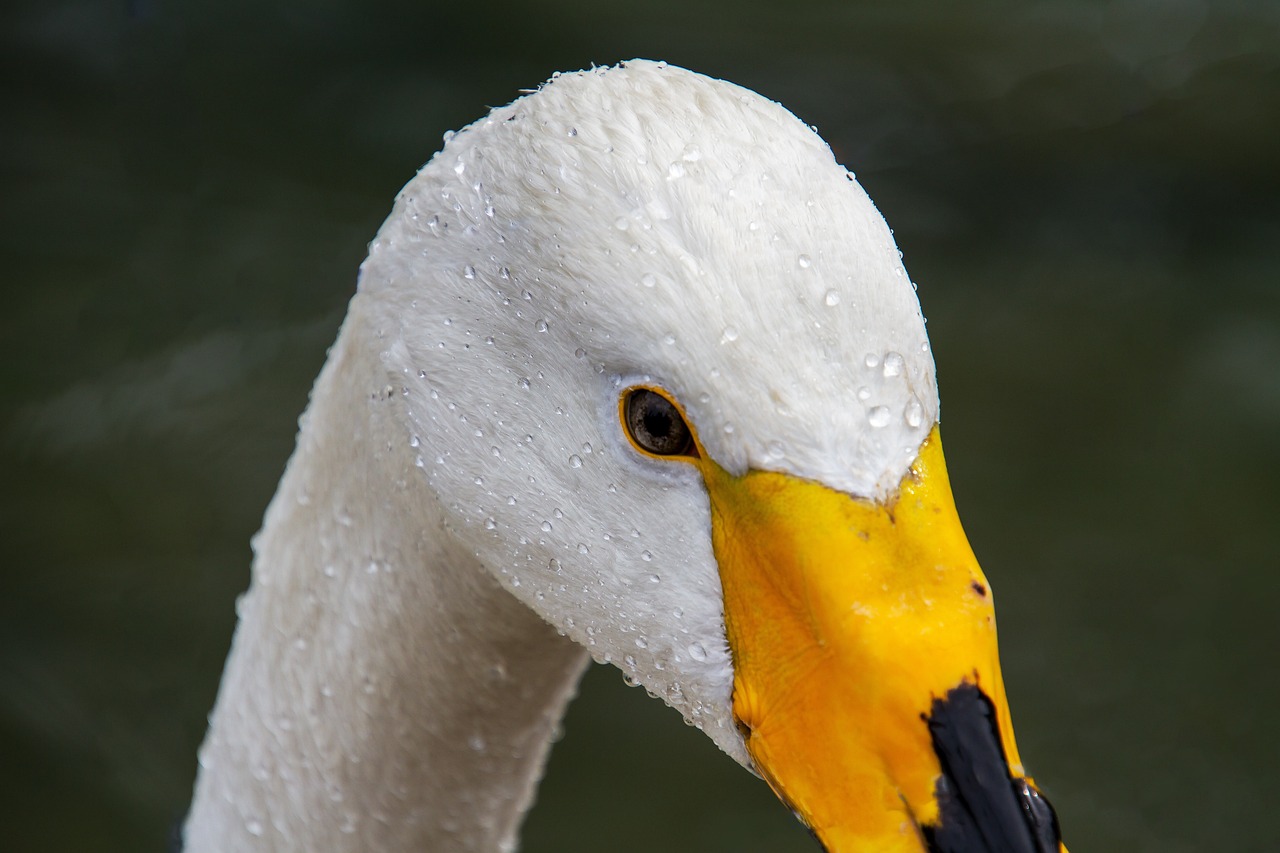what you need to know
Know the facts - take steps - reverse climate change
IN THE NEWS

ThE DISAPPEARING BEWICK'S SWAN
Decades ago, flocks of beautiful Bewick’s swans would migrate from their breeding grounds on the Siberian tundra to Britain to spend the winter months. In recent years, this has become a rare scene.
the disappearing bewick's swan
Decades ago, flocks of beautiful Bewick’s swans would migrate from their breeding grounds on the Siberian tundra to Britain to spend the winter months. In recent years, this has become a rare scene: less than 5,000 Bewick’s swans would make their journey to Britain in the fall. What is happening? Global Warming is one of the reasons. Record shows that the winter temperatures for both daytime and nighttime in eastern Europe are getting warmer. There is no need for the Bewick’s swan to migrate to Britain to get food for the winter. The other reason is due to the alarmingly decreasing population of Bewick’s swans. According to the Slimbridge-based charity, a third of Bewick’s swans have disappeared since 1995. Only about 18,000 were left in 2010. Scientists believe that the climate crisis has negatively impacted the birds’ natural environment. For example, the loss of wetland habitat. Also, illegal hunting, colliding with power lines and lead poisoning have contributed to the drop in numbers. The good news is, there are organizations that take steps to help. One of them is the WWT, a leading wetland conservation charity in the UK. It has been investigating the causes of Bewick’s swan’s declining population for over 60 years. They use GPS trackers to monitor Bewick’s swan’s migration, and therefore, to find out the challenges they face. Global warming is not only affecting human lives. Animals are dying because of it. Please THINK GREEN, and ACT GREEN. Everyone benefits when we can reverse climate change!